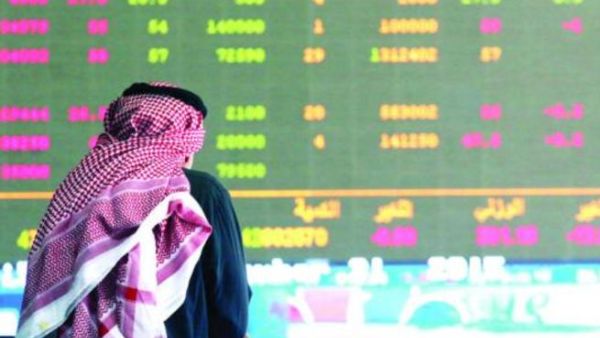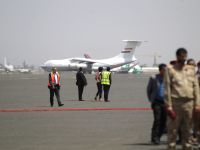Even with low oil prices adversely affecting the country’s economy and foreign fuel speculators suggesting otherwise, Oman says that it will remain committed to the fixed exchange rate of 0.3849 riyals to the dollar, which has been the same for 30 years, according to Reuters.
On Monday, one-year dollar/riyal forwards leapt to 1,500 points, the highest in the last decade, suggesting there may be a four per cent depreciation value of the riyal from the fixed exchange rate.
By late Tuesday, Reuters reported that there was a slight decrease in forwards at 1,400 points, leaving some bankers to believe that, among the GCC, the Omani riyal was the most at risk currency in today’s market.
Speaking anonymously to Reuters, a foreign bank dealer was quoted as saying, "Oman is the weakest link in the GCC and its peg may come under pressure as early as (the) end (of) 2016."
While both Bahrain and Oman do not have the deep financial resources the rest of the GCC countries have, Bahrain fares a little better because of its close political ties with Saudi Arabia and may be able to rely on these ties for support.
Unfortunately, Oman does not have such a resource to use as a back-up plan, and this clearly leaves traders closely watching the turmoil in Oman’s economy caused by cheap oil.
Last year, Oman had a deficit of $11.7 billion USD and despite trying to reduce spending, this year’s deficit promises to be even bigger.
Since oil prices sharply declined, falling from $100 to $30 over year-and-a-half period, all the GCC countries have felt the economic blow. However, Oman doesn’t have the billions upon billions of dollars in overseas assets as do the UAE, Qatar, and Kuwait to fall back on.
Reuters also reported that, on Tuesday, Central bank executive president Hamood Sangour Al-Zadjali claimed Oman has no intention of changing its fixed exchange rate. He also said that perhaps the riyal’s weakness in the forward market may be due to a globally strong US dollar.
When the US Federal Reserve recently raised interest rates by 0.25 percentage points, Saudi Arabia, the UAE, and Kuwait, followed suit, proving to markets that they would defend their fixed exchange rates. Reuters stated that Oman refused to go along, thinking it would push economic growth.
Subsequently, unless there is a sudden major rebound of oil prices, there will continue to be speculation against the riyal.








